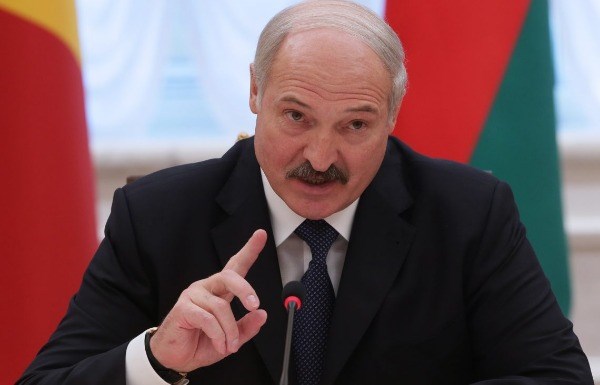Belarusian President Lukashenko once again refuses to deepen integration with Russia
Belarusian President Alexander Lukashenko said that he will not sign any of the documents on further integration with Russia if they contravene the Belarusian constitution, BelTA reports.
“Not a single one of the documents will be signed if they contravene the constitution and fundamental principles of life of our society. And the most important principles are independence and sovereignty,” he said.
According to Lukashenko, Belarus and Russia can sign no roadmaps until they have dealt with the key issues of hydrocarbon supply and the opening of the Russian markets to Belarusian goods.
Every year, Russia imposes new conditions on Belarus, as a result of which the country’s economy is “constantly losing, losing and losing,” the Belarusian president remarked. He noted that Belarus does not need such a union. “This is our position. The president of Russia is aware of it. He and I are friends, I can say it to him openly,” he said.
Lukashenko emphasized that Belarus does not want to be a “freeloader”, citing the example of the US, which initiated a trade war with China “due to a trade balance deficit of hundreds of billions of dollars”.
The president observed that Minsk’s annual trade deficit with Russia is around $9 billion. This money, he says, can only be earned on the Russian market, but Russia has “created barriers” and prevented certain types of goods from reaching the market. “Of course, we will not fight with Russia, like America with China. But it’s wrong,” the Belarusian leader stressed. Belarus demands equal conditions for economic entities, Lukashenko added. “Don’t worry about it: I’m no less a patriot than you,” he concluded.
At the start of October, Russian President Vladimir Putin ordered that work be done to align the legislation of Russia and Belarus in various spheres by January 1, 2020. Kommersant reported that by April 1, 2021, the Union State could have a unified tax code. The integration program is enshrined in the Treaty on the Creation of a Union State, which was signed in 1999. The document envisages integration in the areas of economics, taxation, pricing policy, tariffs, monetary policy and pensions.
